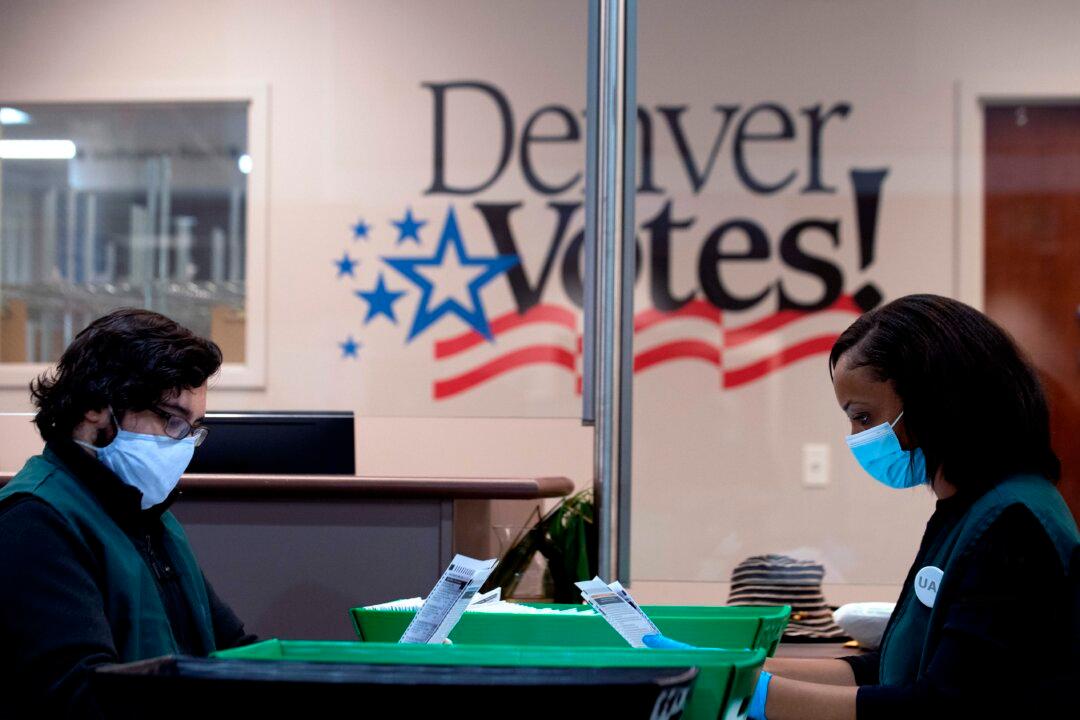Colorado on Nov. 3 passed a resolution that would mandate awarding all of the state’s Electoral College votes to the winner of the national popular vote.
Called Proposition 113, the ballot measure passed with 52.2 percent of the vote, according to The Denver Post, making Colorado 1 of 15 states and the District of Columbia to be part of the National Popular Vote Interstate Compact (NPVIC). The agreement, which only goes into effect if enough states join up to yield a total of 270 electoral votes, seeks to require that the presidency will be awarded to the candidate that wins the popular vote across all 50 states and the District of Columbia.





